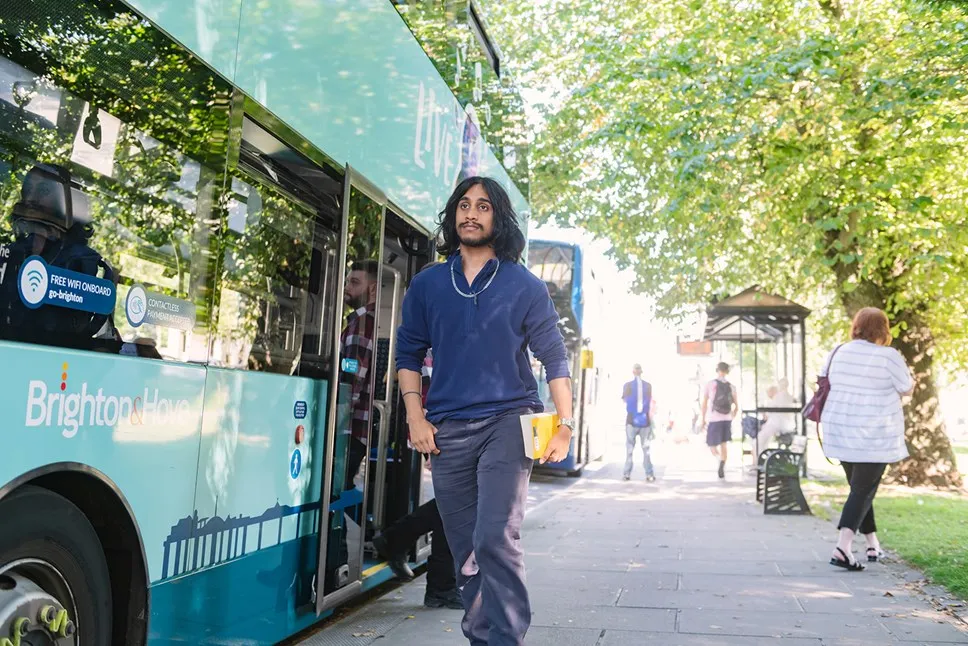
Go-Ahead Group, in partnership with its digital technology provider Passenger, has introduced real-time bus fare information within its mobile apps for bus companies.
Go-Ahead, based in the UK, said the information feature will help to make the apps into convenient hubs for ticket purchases and travel planning. For the first time, passengers can see at a glance their journey's cost before boarding.
Initially launched at Go-Ahead’s Brighton & Hove Buses and Metrobus business in England, the feature will soon be integrated by Go-Ahead's other regional UK bus operators.
A third of people seek information about bus fares before starting their journey, according to research by Transport Focus. Go-Ahead noted that its update directly addresses this demand by providing customers with details on tickets purchasable onboard from the driver or via mobile tickets accessible through smartphones.
In the future, the app updates have the potential to incorporate more ticketing products, including time-based capped fares, as the Bus Open Data Service (Bods) evolves, offering increased flexibility and convenience to passengers.
Kanwar Brar, chief digital and information officer for Go-Ahead, said the company believes it will get more people travelling by bus: “It is hugely positive that this feature uses the Bus Open Data fares feeds, demonstrating their accuracy and further alignment with the [UK] Department for Transport [DfT]'s data strategy.”
The project marks the inaugural use of the NeTEx fares dataset, available through the national Bods. Initiated in response to the UK’s Bus Services Act of 2017, this service, managed by DfT, aims to simplify local bus service information to foster innovation and enhance passenger engagement.
"The integration of fare information into Go-Ahead's Passenger apps and operator websites is a significant achievement,” said Tom Quay, chief executive of Passenger. “This development has the potential to revolutionise the customer journey experience, making bus travel more accessible."
Miguel Ángel Parras, former chief investment officer at the Spanish infrastructure company Globalvia, last year succeeded Christian Schreyer as group chief executive of Go-Ahead.
Schreyer led the group through a £650 million takeover last year, which saw Go-Ahead acquired by Globalvia and the Australian bus operator Kinetic.









